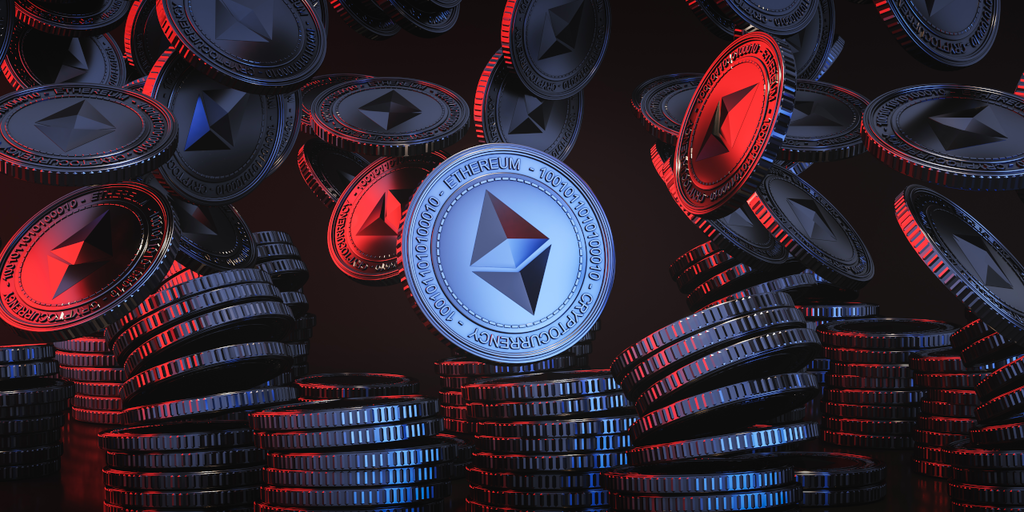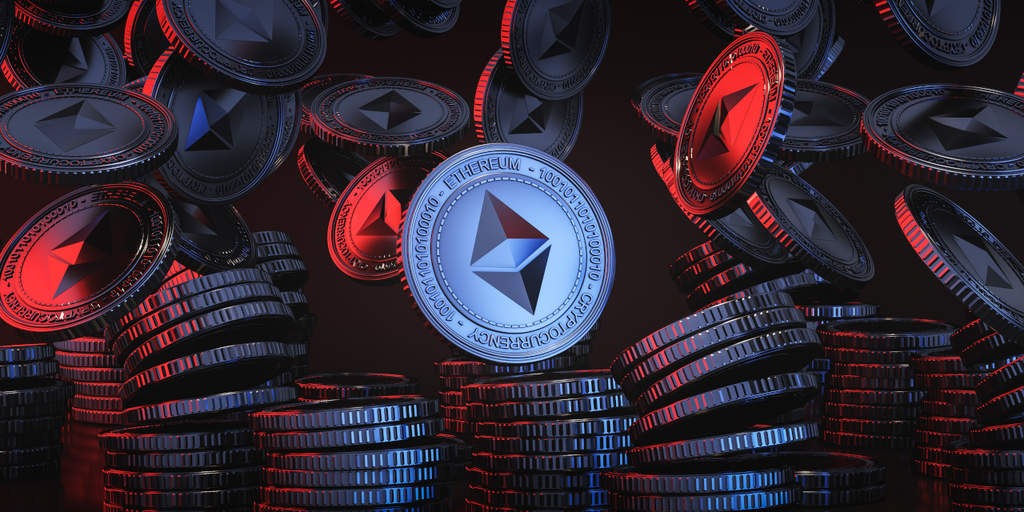Dencun is coming. And Ethereum is going to be a lot cheaper as a result, according to its devs.
A blog post yesterday by the Ethereum Foundation confirmed that the next two steps of the long-awaited upgrade—known as the Sepolia and Holesky testnets—are due to be completed by early next month.
This means that the upgrade should be live on the mainnet by March.
“Assuming the Sepolia and Holesky upgrades go well, Dencun will be scheduled on the Ethereum mainnet next,” the post read, adding that Sepolia is due to take place on January 30, while Holesky will be completed on a testnet by February 7.
These incremental steps are among the final ones needed to make Ethereum faster and cheaper, developers promise.
Ethereum, the blockchain behind the second-biggest cryptocurrency by market cap, ETH, has a notoriously clogged network.
This makes it difficult—and expensive—for people who want to use it to build apps or send funds.
But those working behind the tech say that the latest upgrade will solve the scalability problem of the network.
Dubbed proto-danksharding (or EIP-4844), one feature of the upgrade means the network will be able to cheaply handle over 100,000 transactions per second.
It will do this by making Ethereum layer-2 solutions, such as Optimism, a lot cheaper, developers say.
Layer-2 solutions on Ethereum are where most of Ethereum’s activity takes place, a report by market intelligence firm Messari claimed in October. They run parallel to the main network so transactions can essentially be quickly skirted around Ethereum’s blockchain.
Ethereum is constantly improving. Most notably, in 2022, the network moved from proof of work to proof of stake in a much-publicized upgrade called “the merge.”
Edited by Ryan Ozawa.
Stay on top of crypto news, get daily updates in your inbox.


